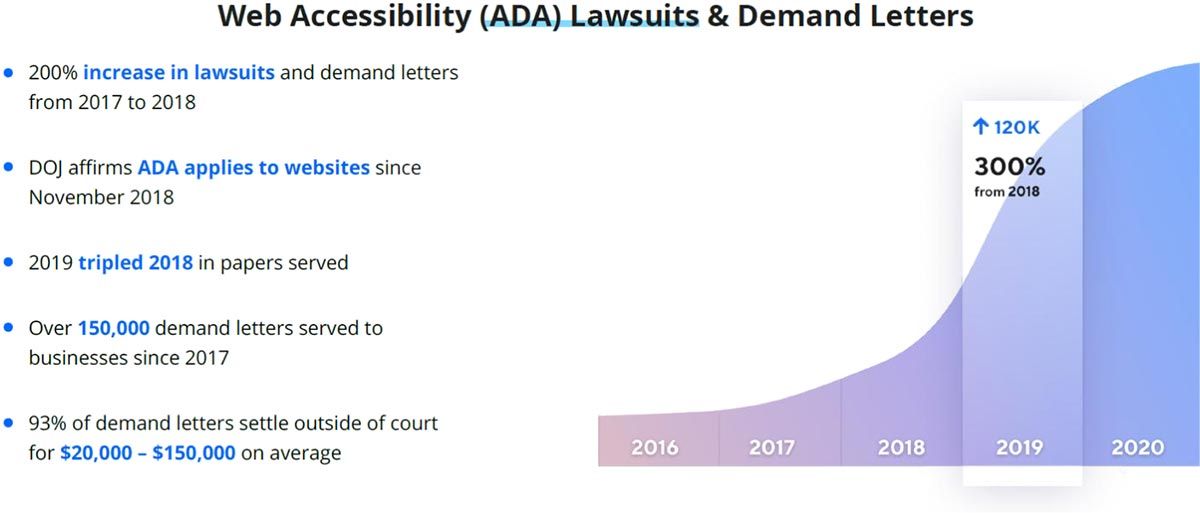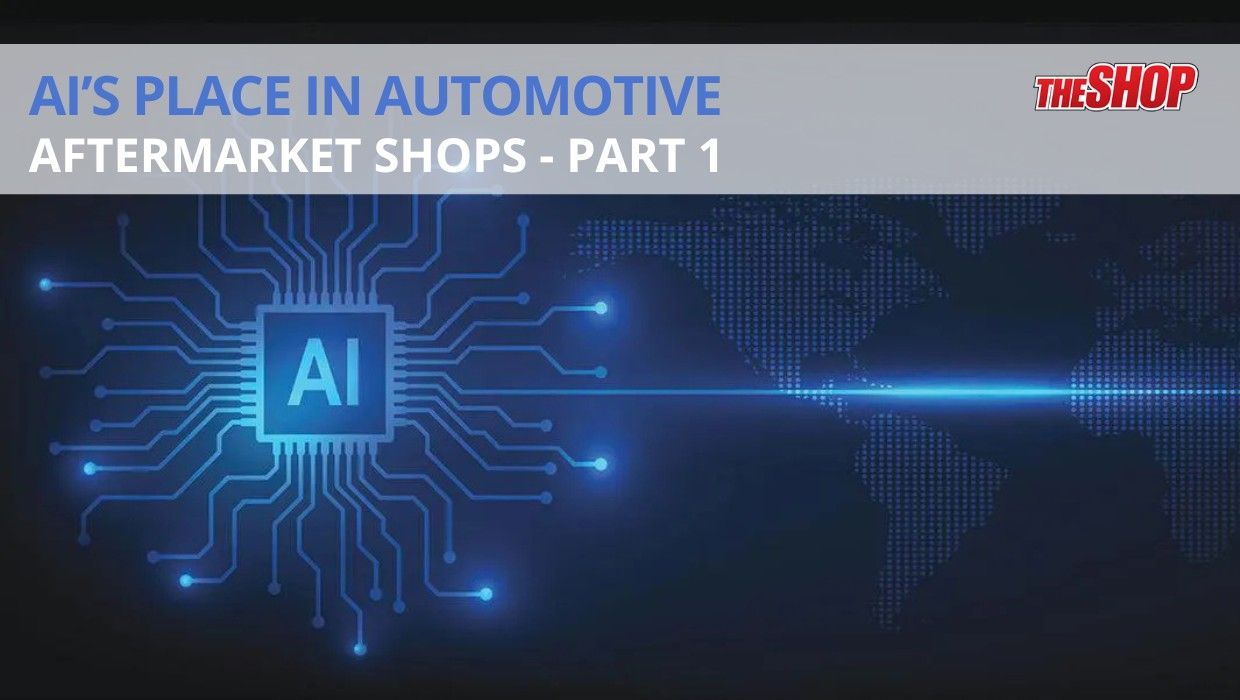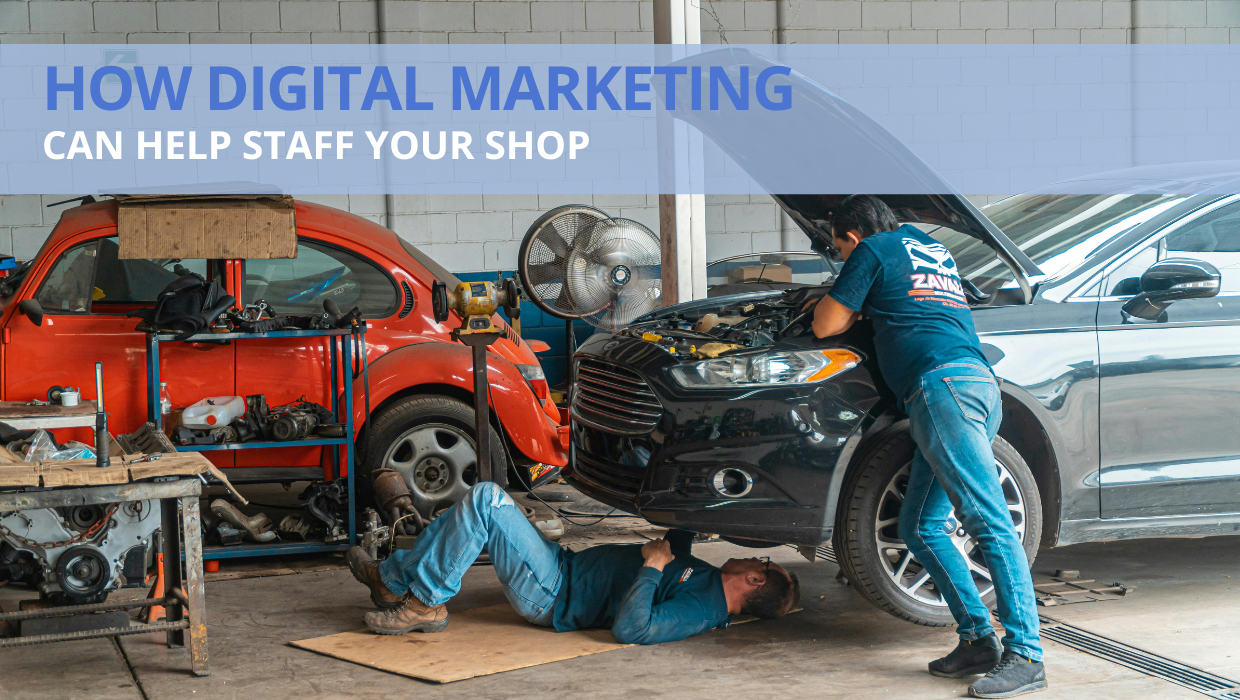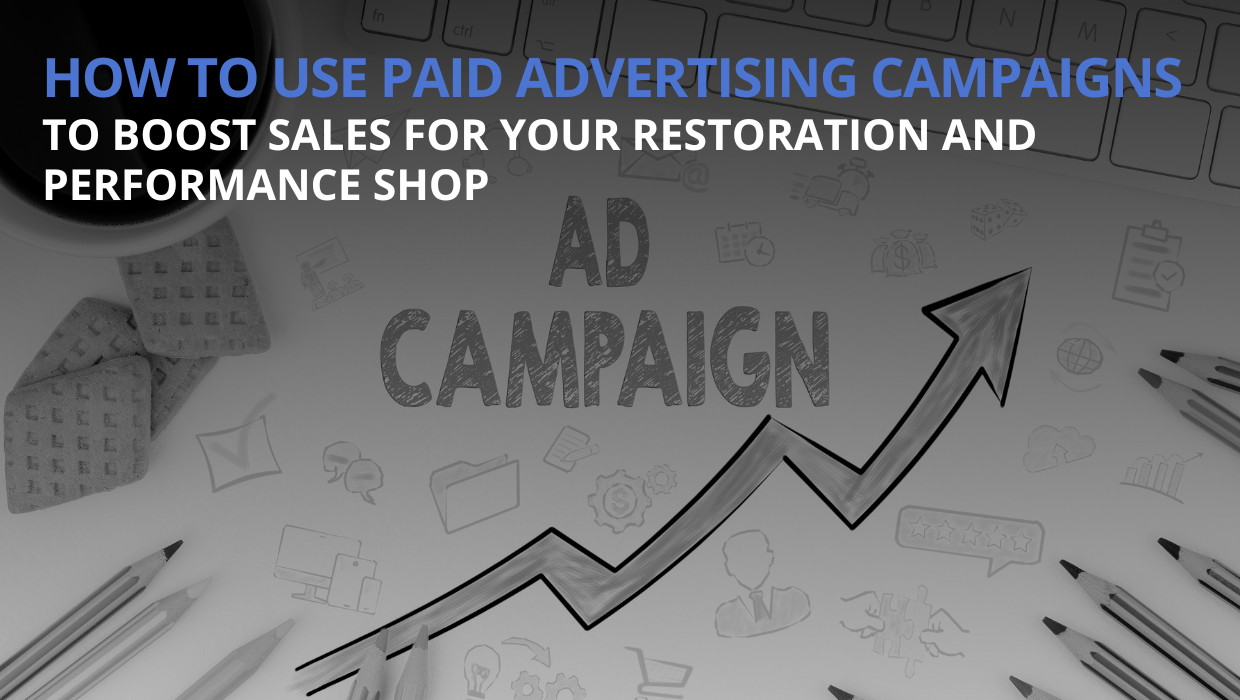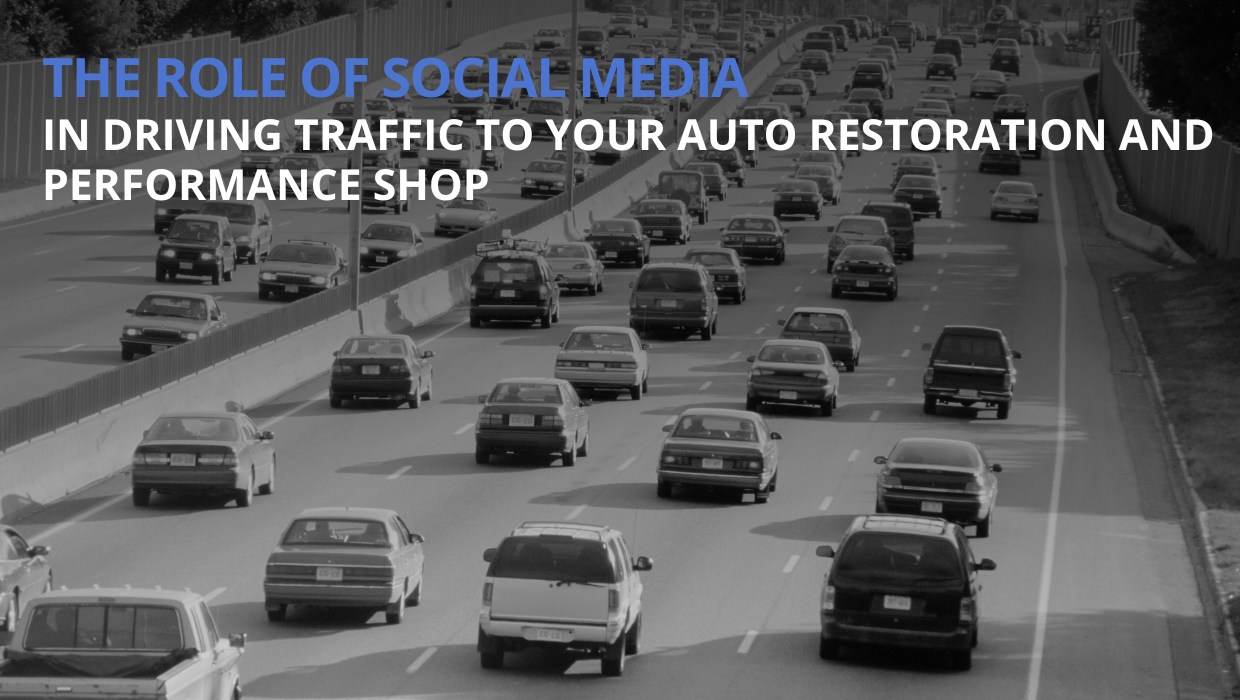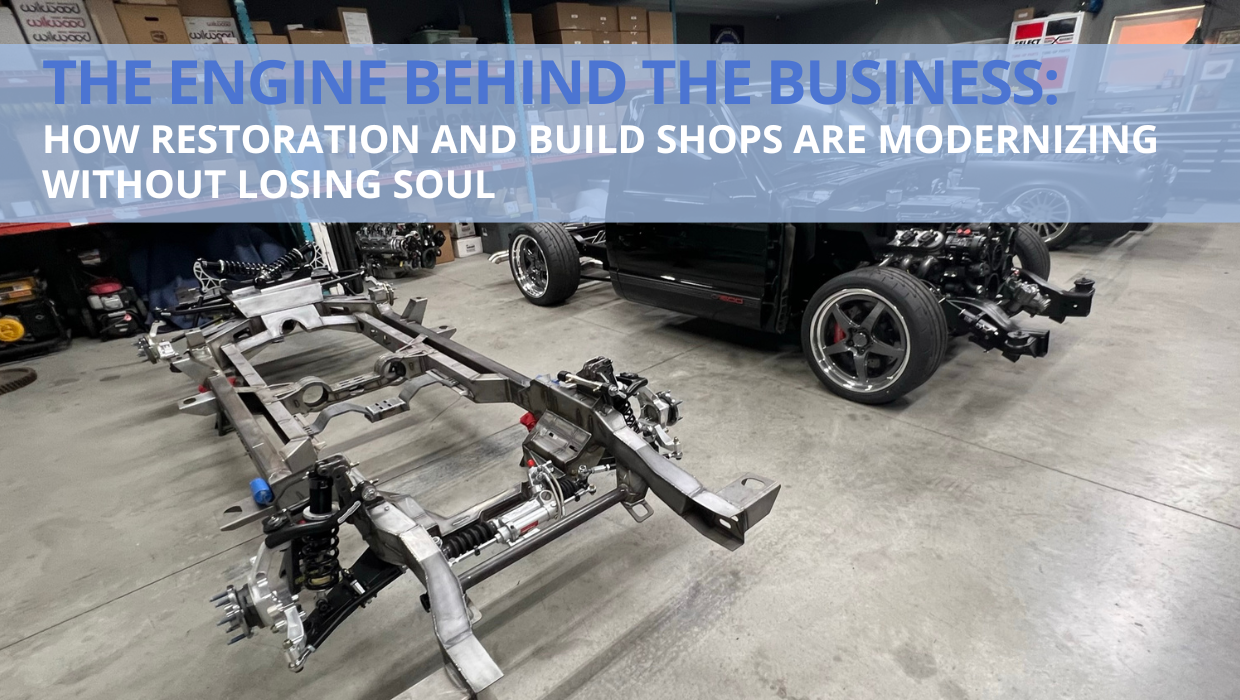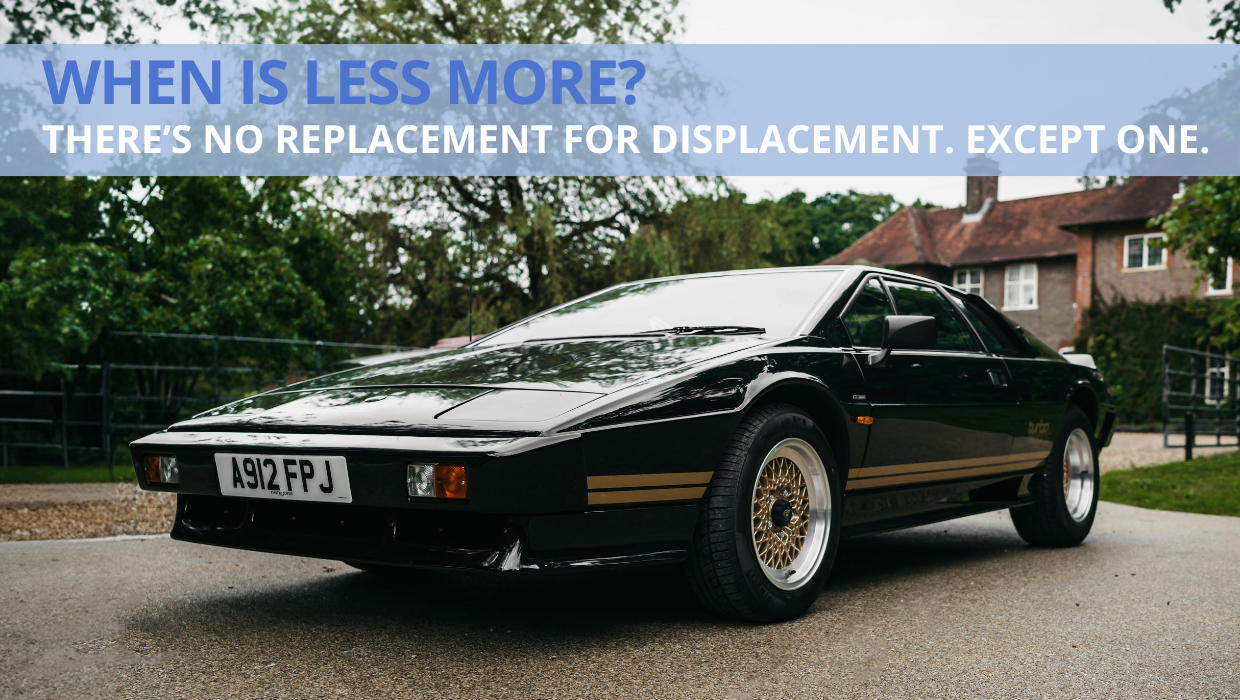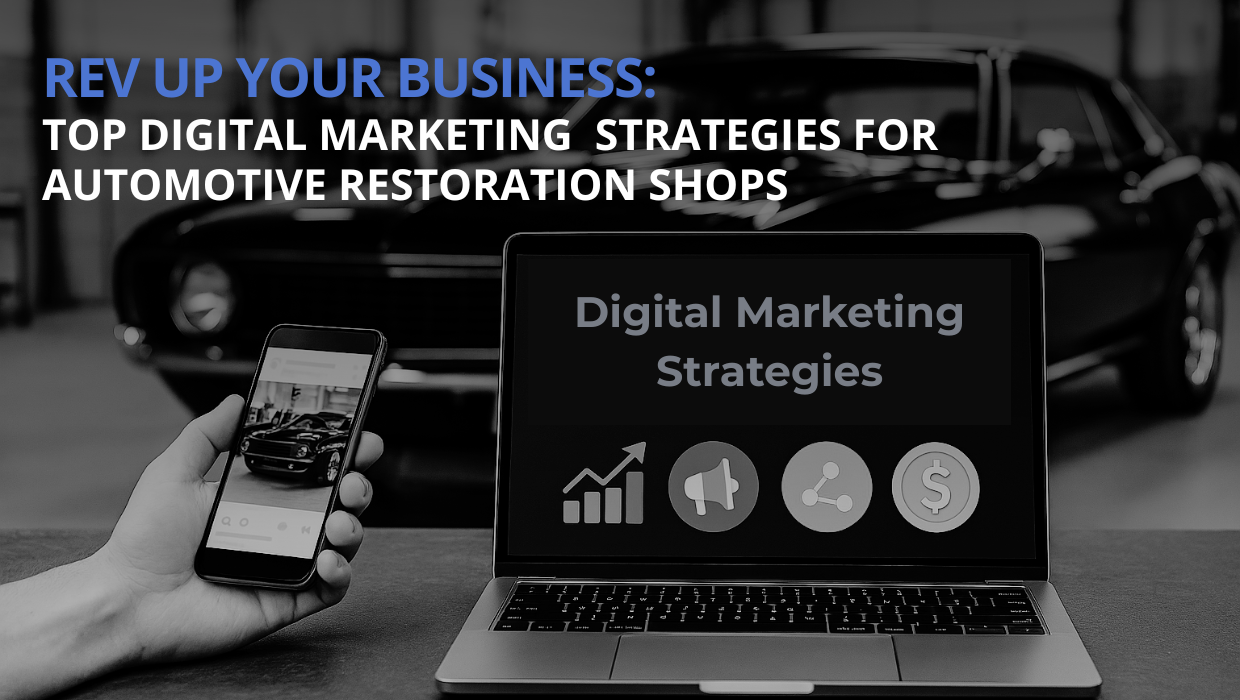Motorhead Articles
Get Your Marketing in Gear
Have a website? You can now get sued for not being ADA Accessible.
Barry Alt • August 1, 2019
This may sound alarmist, but there's a worrying rise in lawsuits against companies for not catering to all needs.

Above: ADA Timeline and legal statistics from Accessibe web accessibility application.
The incoming lawsuits aren't restricted to just the big players either - small entrepreneurs and international companies alike are affected.
Businesses that have already been sued include the likes of Bank of America, Target, Winn Dixie, Home Depot and Weight Watchers - but smaller companies are being pursued too. Island Comfort Footwear in Florida were put out of business due to an ADA lawsuit.
In 2018, there were 2,285 ADA lawsuits filed, up 187% on 2017’s figures. One woman in Florida sued over 175 business owners under ADA.
According to Fingerlakes.com, 26 New York wineries are presently being sued for not being compatible with screen-reading software. Last year, more than 1,000 ADA lawsuits had been filed in New York.
ADA covers private websites too - it's like having a store in the mall with no wheelchair ramp - you CAN get sued for not being accessible. This is a legal requirement, it's not optional.
So with such a wide-reaching law now being enforced, you probably have a few questions about the law, how it affects you and what it actually is. Here's our introduction to The Americans with Disability Act (ADA) and it's enforcement on the web.
What is ADA?
On July 26, 1990, George W. Bush signed into law The Americans with Disabilities Act (ADA). The ADA law prohibits discrimination against people with disabilities. It prohibits private employers, state and local governments, employment agencies, and labor unions from discriminating against the disabled.
While no mention of websites appears in the ADA law (it was signed in 1990 after all!), it does prohibit companies from putting up communication barriers that restrict access for all.
How does the ADA affect a website?
As people now use the internet for every aspect of their daily lives (and with many services now online only) Title III of the ADA has expanded from brick and mortar establishments to include those who have a business on the Internet too.
Think about how many of our daily errands are now completed online - from banking, shopping, preparing taxes to studying - everything is now online. Now imagine if you were trying to complete your taxes online and the website you're using doesn't work correctly. Not only are you going to be incredibly frustrated, you're going to be prevented from completing an essential task.
So, this is what the ADA is designed to prevent.
For people who use assistive devices (such as screen readers, Braille output devices, or interactive voiceover software) if they find your website is not accessible using their device, they may be forced to leave the website, lodge a complaint or initiate litigation against you.
The worst part for website owners? ADA law requires no notice before a lawsuit is filed for non-compliance.
The law provides no time for a company to take action before a lawsuit is filed, and it offers no real defense to a company after a lawsuit has been filed.
How do people with disabilities use a website differently?
Wear glasses or contact lenses? You're officially using assistive technology to be able to see properly.
People with visual impairments who require more than glasses, such as those with color blindness, low vision, and legal blindness, use special alternative views or may also use screen readers.
For people who are hearing impaired, closed captioning or a downloadable transcription of any on-site audio must be provided.
People with a physical disability may not be able to use a keyboard and instead use special equipment, such as head pointers, eye movement devices or text to speech software.
People with blindness, dyslexia and other learning disabilities may also use text to speech.
This is a super short list of some of the most commonly used assistive technologies - but for the average website owner, it can be eye-opening. In order for all of your customers, clients or general site visitors to be able to use your website fully, it needs to be able to work with all of the above technologies.
To help you (or your website developer) attain full accessibility online, your website should follow the WCAG guidelines.
What are the WCAG guidelines?
The Web Content Accessibility Guidelines
(WCAG 2.0) were published in 2008 by the W3C Web Accessibility Initiative. In 2018, WCAG 2.1 were released which provide 17 additional criteria to address mobile accessibility, people with low vision and people with cognitive and learning disabilities.
The standards are filtered into 4 categories, each with their own set of requirements. Level AA is the basic level that must be reached
What parts of my website must be accessible?
Pretty much all of it, including:
- Any text content
- Videos
- Images
- Buttons
- Links
- PDFs
- Items for sale
- Documents
- Forms
- Any other types of content you offer
How do you make your website accessible?
To get your website up to the basic standards (and avoid a possible lawsuit), you'll need an understanding of the WCAG requirements and how to implement them.
If you don't have the time or inclination to do this yourself, it's best to hire an accessibility professional. Motorhead Digital has access to a network of accessibility experts who can advise you on the topic and help you get your website accessible.
The website accessibility process
The process begins with an audit of your current website to determine how accessible it is.
Based on the findings of the audit, our team will then make any necessary changes to the site.
After the changes have been implemented, we'll audit the areas initially found to have issues to confirm the necessary changes are complete.
As part of having an accessible website, you need to have an accessibility statement visible on the site. This needs to be done with a lawyer.
What’s the cost of not having an accessible website?
People with disabilities account for one in five website users. If you're not accessible, you're already cutting out 20% of your potential customer base.
If you get sued, there are also fines, lawsuit settlements, and attorney’s fees to account for.
The maximum penalty for the first violation that the Department of Justice imposes is $75,000. For subsequent violations, it’s $150,000.
Accessibility is an ongoing task.
Attorneys are actively scanning websites to find non-ADA friendly websites - it's a great fishing pond for business for them.
If you actively update your website with new content, you'll need to invest in training for those who will be updating the website. If you prefer, our team can take care of updating your website and scanning the website on a designated schedule for you.
It's not a day too soon to make your website accessible - you don't want your company to become another statistic that fell to an ADA lawsuit.

